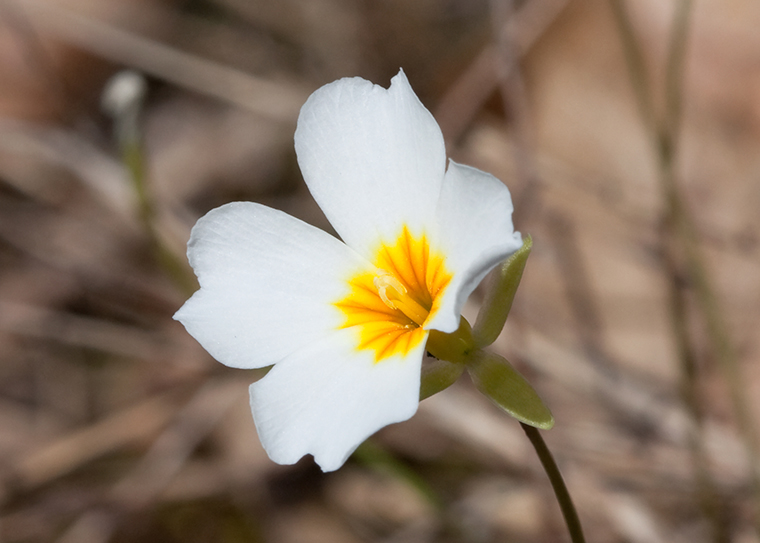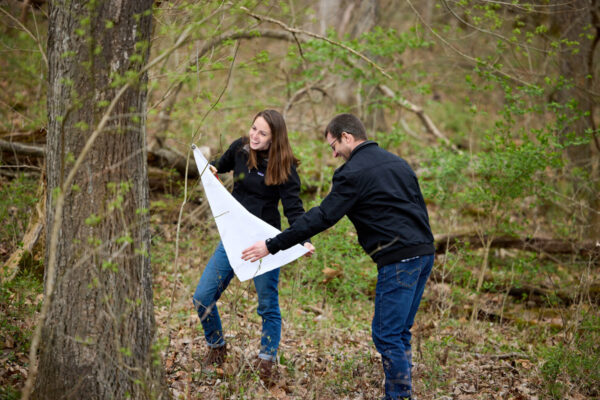
Matthew Austin, an ecologist and biodiversity postdoctoral fellow with the Living Earth Collaborative at Washington University in St. Louis, published a study in the American Journal of Botany that describes changes to the flowering time and other important life cycle events in Leavenworthia species, a group of small flowering plants found in glades in Missouri.
Glades are open, rocky areas that are typically drier than other local habitats. Spring rains, alongside other climate and climatically-related factors, had the most dominant effects on changes to Leavenworthia over time, and these effects are expected to increase.
“This research is important beyond just the enjoyment of flowers because understanding what affects the time of year that plants reproduce is important for their conservation,” Austin told HEC Media. Learn more by viewing the video and story on this research.


